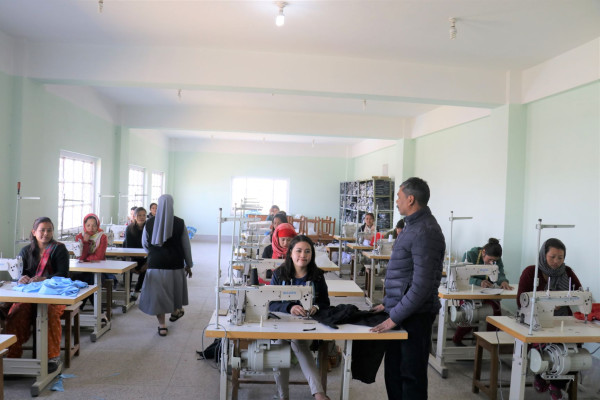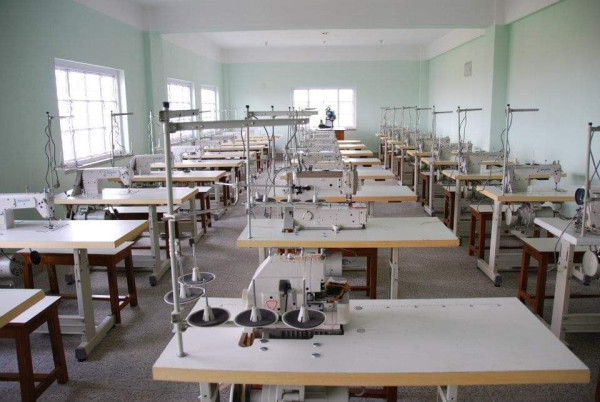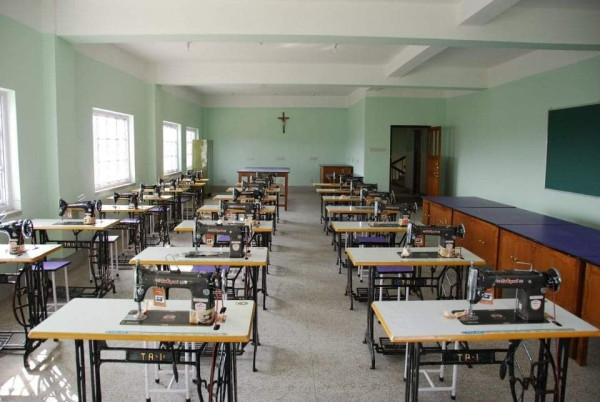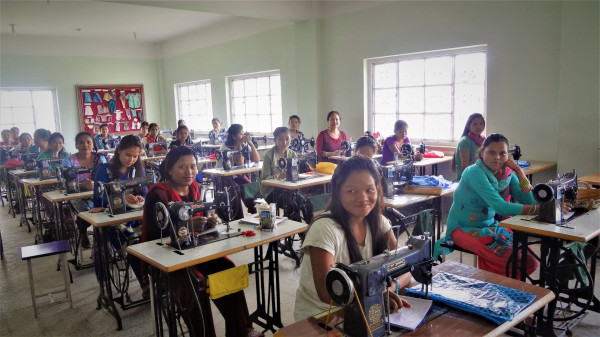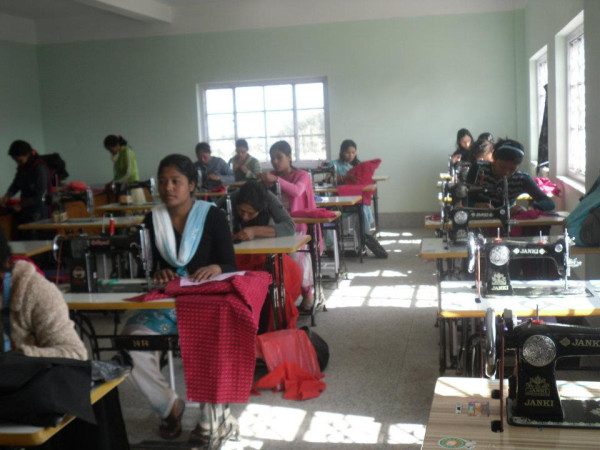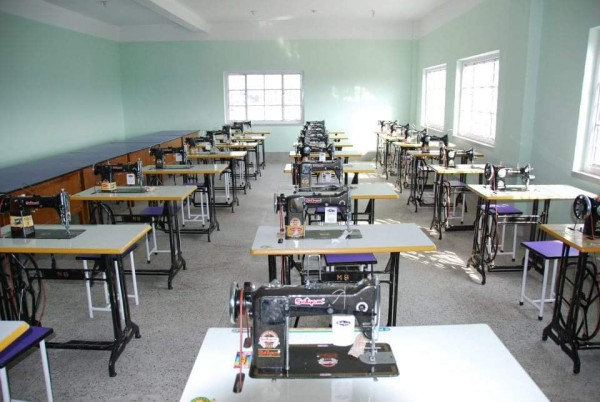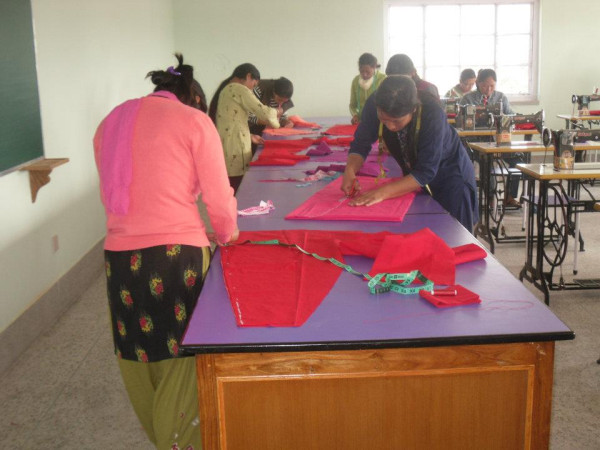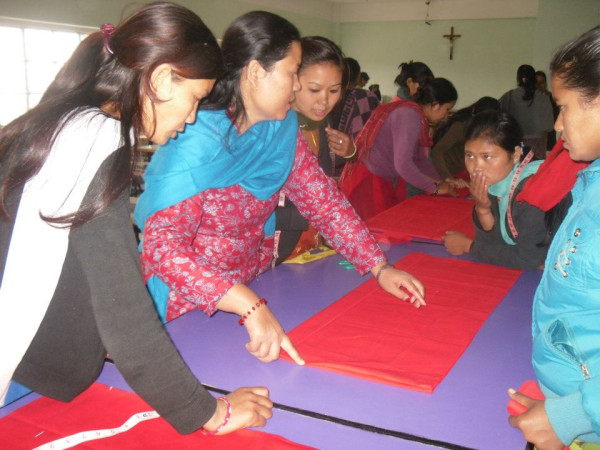Short-term Skilling Program for Women in Thecho
Don Bosco Technical School Thecho continues to empower local women with skills, helping them achieve financial independence and self-reliance. Over the years, many local women have participated in our training programs and have successfully started small businesses in their communities. In addition to vocational skills, the training includes soft skills, personal management, and entrepreneurship development to equip women with the confidence and resilience needed to face challenges and take initiatives in managing their lives and families.
The current year too, we request your support in continuing this vital project for women. With your help, we can sustain and expand this initiative, ensuring that more women gain the necessary skills to improve their livelihoods and contribute to their communities.
The institute provides its own certification upon course completion. However, to enhance the credibility and employability of trainees, Don Bosco Technical School Thecho now requires participants to undergo the CTVET (Council for Technical Education and Vocational Training) examination to procure a government-recognized certificate. This certification will help trainees gain better job opportunities in formal settings, strengthen their professional standing, and improve their chances of successfully running their own businesses. By aligning with national vocational standards, the program ensures that women have access to wider employment prospects and are equipped with recognized credentials to enhance their career growth.
- Introduction
This project aims to provide short-term (3-4 months) skill training for women in Thecho in two key areas: Tailoring and Beautician courses. The program is designed to empower local women by equipping them with employable skills, enabling them to start their own businesses or find employment.
3. Objectives
- To provide skill-based training in Tailoring and Beautician courses to 100 women.
- To create self-employment opportunities by providing necessary tools and equipment.
- To facilitate entrepreneurship in tailoring by providing sewing machines to trainees post-training.
- To support 10% of trainees with hostel facilities.
- To ensure affordability through structured tuition fees and coverage of essential consumables.

